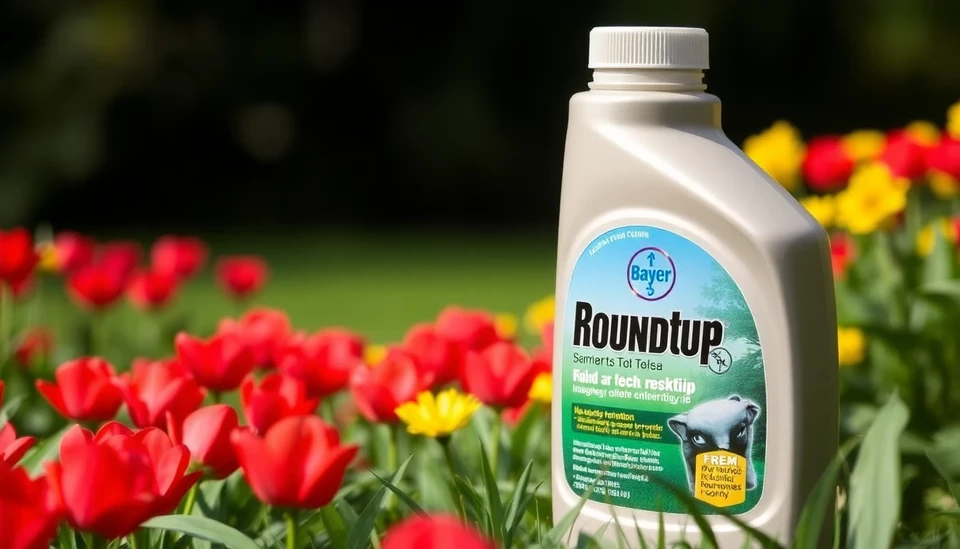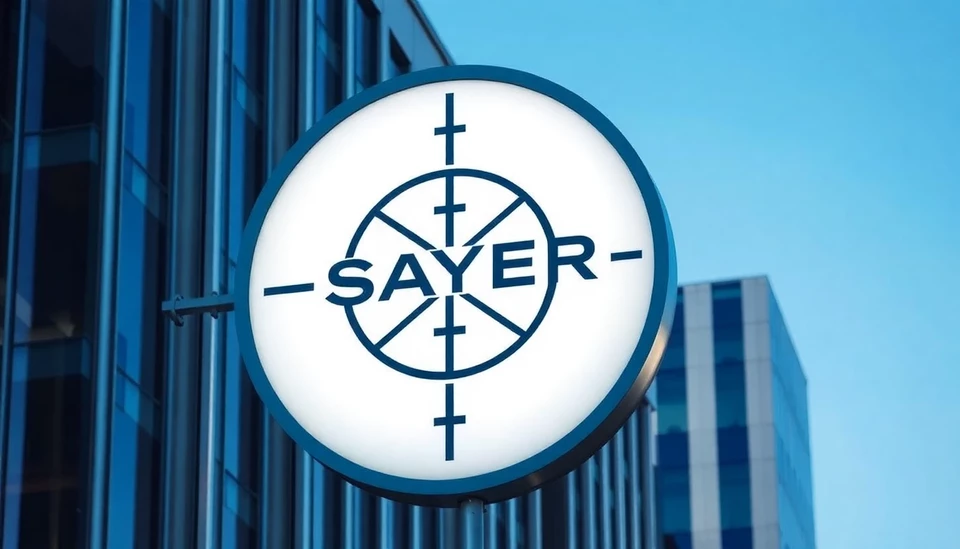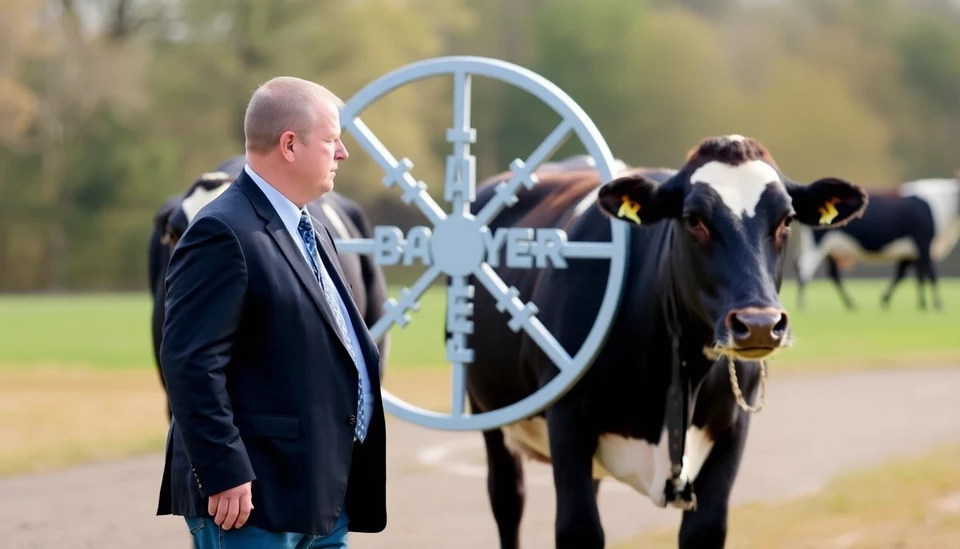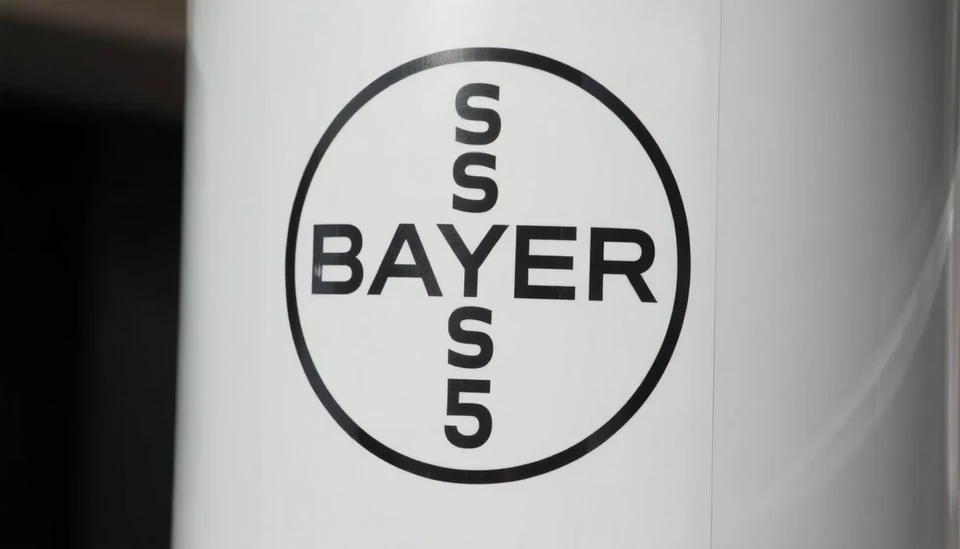
In a continuation of its complex legal saga, Bayer AG has officially appealed to the United States Supreme Court concerning its ongoing Roundup litigation. This critical move comes as the company seeks to challenge a series of legal decisions that have held it accountable for claims linking its popular herbicide to severe health issues, including cancer.
The appeal, which was filed on April 4, 2025, is aimed at overturning lower court rulings that have resulted in significant financial liabilities for Bayer. Nonetheless, the company maintains that Roundup, which contains glyphosate, is safe for use and has been scientifically vetted through rigorous assessments by regulatory authorities worldwide.
Bayer's legal troubles date back to a series of lawsuits filed by individuals claiming that exposure to Roundup caused them to develop non-Hodgkin lymphoma. These cases have drawn considerable attention, contributing to public scrutiny and debates surrounding the chemical's safety. In recent years, Bayer has faced thousands of similar lawsuits, leading to costly settlements, including a $10 billion agreement reached in 2020, which aimed to resolve a multitude of claims.
The Supreme Court’s review will primarily focus on whether Bayer should be held liable in these cases, particularly in light of conflicting scientific opinions regarding glyphosate's potential health risks. The company argues that evidence presented in these cases is not only flawed but also largely contradicted by broader scientific consensus that declares glyphosate safe for agricultural use.
In its petition, Bayer urges the Supreme Court to take a closer look at the admissibility of certain scientific evidence presented in lower court rulings. The company asserts that the reliance on questionable studies and expert testimony undermines a fair assessment of Roundup’s safety and mischaracterizes the product's risk profile.
As the appeal process unfolds, Bayer finds itself at a pivotal crossroads. The outcome could significantly influence both the company’s financial future and the broader agricultural sector that heavily relies on glyphosate-containing products. Furthermore, a ruling in favor of Bayer could set a precedent that protects other manufacturers from similar liability claims, thereby reshaping the legal landscape surrounding herbicides and pesticides.
Industry analysts are closely monitoring this development, noting the potential implications for Bayer’s stock performance and overall corporate health. With its extensive portfolio of agricultural products, Bayer's stance on glyphosate is integral to its market strategy and consumer trust.
The appeal represents not only a fight for Bayer’s legal standing but also a broader battle over agricultural practices and environmental safety perceptions as communities push for transparency and accountability in chemical use. The Supreme Court's decision will undoubtedly resonate far beyond the immediate implications for Bayer, affecting regulations and standards in the agricultural domain.
As this legal drama continues to unfold, stakeholders across the board, from farmers to consumers, are left to ponder the implications of such legal battles and what they might mean for the future of agricultural chemical use in the United States.
In conclusion, Bayer is poised to confront an uncertain future as it seeks the highest court's intervention to potentially overturn unfavorable legal outcomes regarding glyphosate. The health and safety issues surrounding Roundup remain a polarizing topic, ensuring that this story will continue to attract considerable attention as it develops.
#Bayer #Roundup #SupremeCourt #Glyphosate #LegalBattle #Agriculture #HealthAndSafety
Author: Samuel Brooks




